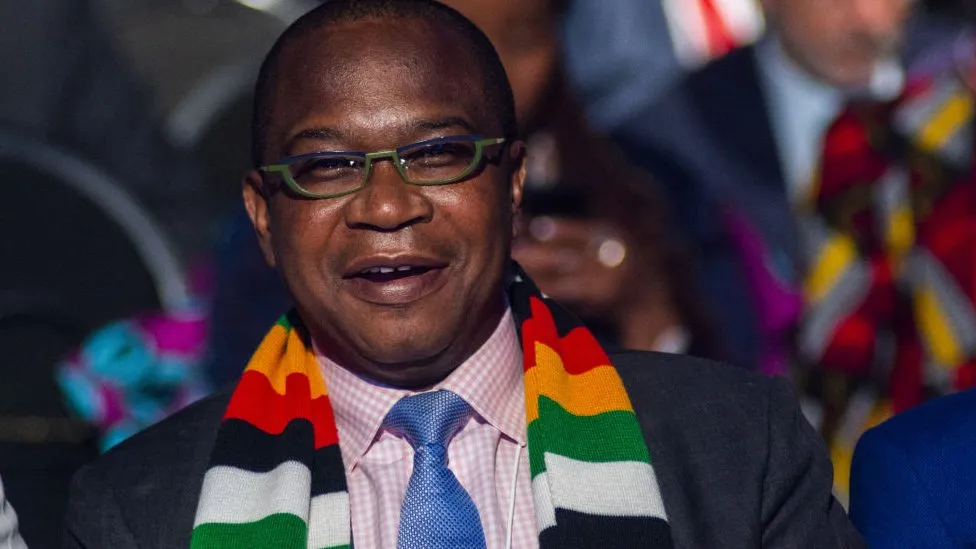MANY Zimbabweans have reacted with astonishment after Mthuli Ncube was named “Best African Finance Minister of the Year” despite the country’s economic turmoil.
One user on X, formerly known as Twitter, said the award was “akin to applauding a captain for steering a ship straight into an iceberg”.
Another user called it “the greatest joke of the decade”.
Zimbabwe’s unemployment rate is as high as 85%, economists say.
Up to 80% of transactions are carried out in US dollars because of a lack of confidence in the local currency, according to the Reuters news agency.
Reputation Poll International – an organisation that says it “manages reputations” – gave Mr Ncube the award on Sunday.
The minister, who was appointed by President Emmerson Mnangagwa in 2018, told the state-run Herald newspaper that he was delighted to receive the honour.
He said it was recognition of the work he and the treasury team had done that has “spearheaded the transformation of the economy”.
However, activist Hopewell Chin’ono said on X that the award was an “insult” to Zimbabweans.
He expressed incredulity especially after Mr Ncube’s recent budget, that Mr Chin’ono dubbed “the most anti-people national budget that Zimbabwe has ever had”.
This will see an increase in taxes, and hike passport fees to $200 (£160), up from $120, making it the most expensive in the region.
Mr Chin’ono added that Mr Ncube was “presiding over the worst economy in the world” brought about by his “misguided and corrupt policies”.
Zimbabwe’s economy has been struggling for decades. The Zimbabwe dollar was withdrawn in 2009 after inflation reached a staggering 231 million per cent, meaning prices were changing by the hour.
Critics blame mismanagement by the ruling Zanu-PF party, first under Robert Mugabe and then Mr Mnangagwa. They have in turn blamed sanctions imposed by Western countries.
Over the weekend Zimbabwe held controversial by-elections after MPs from the main opposition party, Citizens Coalition for Change (CCC), were recalled.
Zanu-PF candidates won seven of the nine by-elections but remains three seats short of the two-thirds parliamentary majority required to change the constitution.







